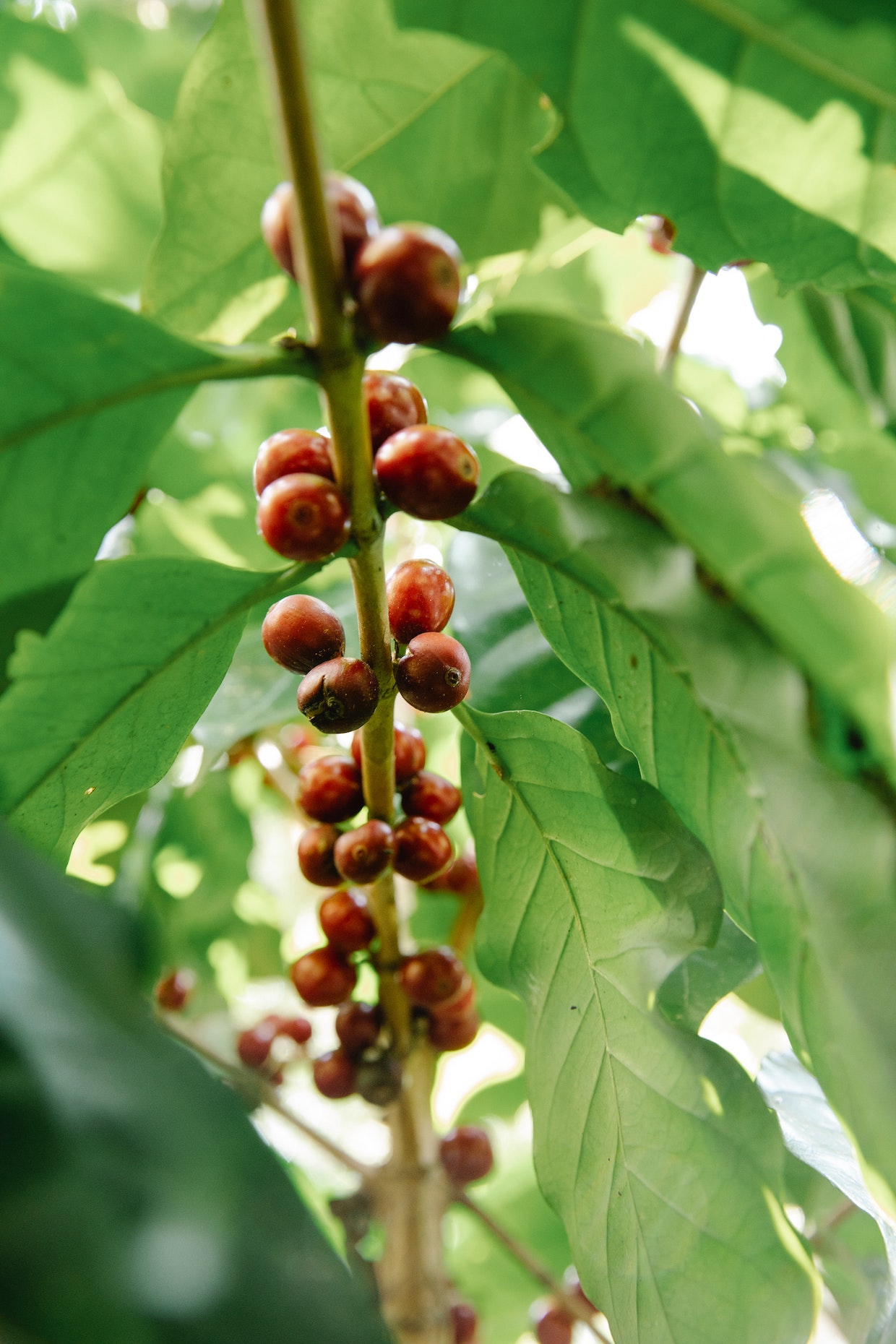A study supported by the nonprofit Coffee Science Foundation sheds new light on farmer profitability in the specialty coffee sector, with a particular emphasis on labor.
The research was focused on coffee farmers in the neighboring countries of Honduras and El Salvador, both of which export a relatively high percentage of specialty coffee, as opposed to conventional coffee.
The study adopts the Specialty Coffee Association‘s working definition of specialty coffee, which recognizes extra market value due to distinctive attributes.
“In Honduras and El Salvador, coffee (Coffea arabica) is one of the leading agricultural exports, and the share of specialty coffee is growing each year,” the study states. “However, despite the importance of specialty coffee production and exports, there is a knowledge gap regarding its cost structure and profitability, particularly those associated with labor costs. The specific objectives of the study were to determine the cost structure of specialty coffee in Honduras and El Salvador and to estimate the costs and profitability of producing specialty coffee in these countries.”
The research group was led by Texas Tech University Professor Carlos Carpio, with underwriting from the nonprofits Solidaridad, Rainforest Alliance, Conservation International and the SCA.
The researchers created a survey instrument for 14 farmers in the two coffee-producing countries, attempting to build upon existing cost-of-production-related research by focusing specifically on the “specialty” segment.
“We considered two production systems in Honduras,” the study states. “The first corresponds to organic coffee production. Organic coffee has experienced a significant increase in demand in the past several years and corresponds to a well-identified specialty coffee. Additionally, we considered specialty coffee produced in a conventional (e.g., nonorganic) system. Organic production is less common in El Salvador; therefore, we only studied specialty coffee grown in a conventional system. Hereafter, we refer to this system as ‘specialty-conventional’ coffee production.”
In attempting to identify a knowledge gap related to farm costs and profitability, the team also identified clear cost differences between the two countries.
“The results showed that although both countries are neighbors and economically and culturally similar, the cost structure of producing specialty coffee differed significantly,” the study states. “Costs were lower and profits were higher in Honduras than in El Salvador, and the specialty-conventional coffee production system was more profitable than the organic production system.”
According to the authors, the study may be useful as a cost analysis tool for existing or potential coffee producers, but also for other actors in the coffee supply stream who are interested in the socio-economic implications of coffee production.
Said the authors, “These concerns include long-term financial viability of farm operations.”
Here is the full study, and here is a synopsis from the SCA’s Mary Basco.
Does your coffee business have news to share? Let DCN’s editors know here.









Comment